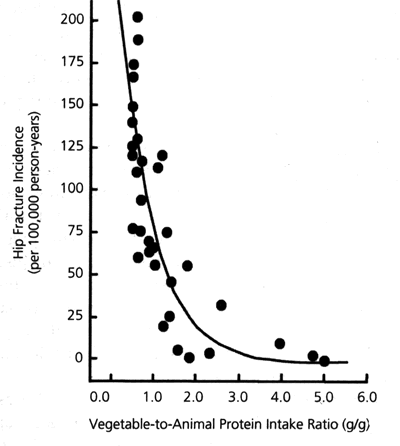I don't think it's bullshit. I'm fifty and this has become an issue for me, with my teeth and joints deteriorating, due to excess acids. However, the biggest reason for this was environmental toxins and acids produced by my own body due to stress, rather than diet. Other than that, what I regret most in this regard was drinking a lot of diet coke and going on the old school Atkins diet (mostly animal protein) when I was a teenager. I also drank more diet coke on and off throughout my twenties and thirties, but not the twelve a day I sometimes drank as a teenager on the Atkins diet.
If you eat a healthy diet, what you would likely have to watch out for would be too many acidic fruits and fruit juices, too much vitamin C (especially megadoses), salad dressings and anything else notably acidic. Watch out for energy drinks, fruit juices and smoothies containing citric acid, and really, anything containing citric acid. Some liquid supplements have it. Sometimes malic acid is used in health food drinks instead. It's bad too. Something like Crystal Geyser would be something to watch out for as would be Emergen-C supplements.
So, a common sense approach would be eat less of the most acidic fruits and juices, and minimize the other things on the list. Adding something alkaline or fatty could help. Eat a piece of cheese with an apple. Use a splash of olive oil instead of salad dressing. I think that people used to finish a meal with a piece of cheese for this reason. Have some whole milk yogurt or cream with the berries if it agrees with you. Coconut milk is an alternative. I don't think walnuts and some of the other things you mentioned are a problem.
Try to protect your teeth from acids. Those exposures add up over time. Don't drink liquid vitamin C unless it is buffered or Ester C. Don't take acidic supplements as liquids. Work around that. If you need a liquid supplement, mix one from powder and take it unflavored. Typically the citric acid would be a flavoring and preservative. Use straws. Don't put lemon in your water. Don't put lemons on a lot of stuff. Don't go on a lemon juice-maple syrup cleanse. Try to minimize sodas, even health food sodas. Only take coffee, tea or acidic fruits juices occasionally and rinse your mouth with water afterwards. Consider a homemade restorative mouthwash like green tea or liquid silica after drinking acidic substances. If you brush your teeth directly after consuming acidic food or drink, your teeth may be weakened by the acids and you may be brushing the enamel away.
Eat plenty of vegetables and less acidic fruits. Eat plenty of healthy fats and bioavailable calcium. Eat a steamed green vegetable every day. That will build up the tissues the acids wash away.
About forty you should start supplementing with things that will build up your joints, teeth and bones. I've written a lot here about type II collagen, MSM and silica. You can google for those posts if you want to.
For now, a good vitamin D would help maintain your bones and teeth. I like Source Naturals D3, 2,000 i.u. per day taken with a meal containing fats or oils.
I think you can do a lot with common sense and not have to worry about every food that contains any acid at all.
Edited by Luminosity, 05 April 2013 - 06:08 AM.
































































